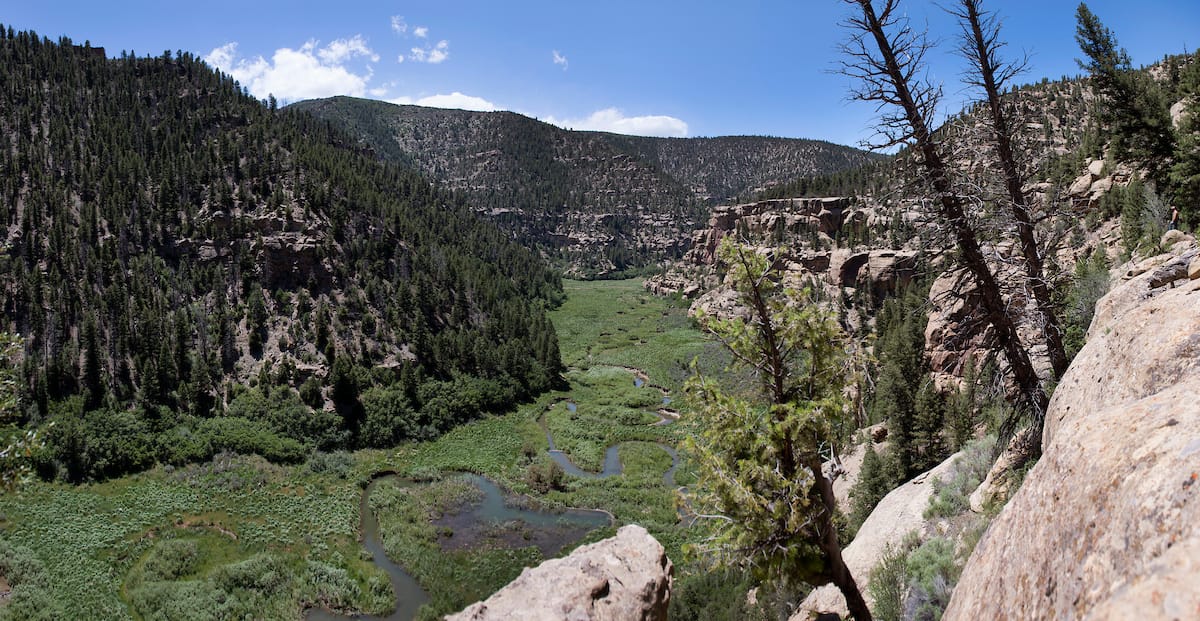For many people in the western United States, public lands are a fact of life. They are places where families hike, float and camp; where hunters stalk big game and anglers pursue wild trout; where veterans can find solace in the outdoors. They also provide clean drinking water for communities, forests that store carbon, grazing pasture for ranchers, and raw materials—timber, oil and gas, and minerals—that help fuel the nation’s economy.
Growing up in New Jersey, the closest public land to my home was a small park where I played countless hours of basketball. Then I went on a cross-country trip. Most people experience only a few events that change their lives. One of mine was the discovery that I am a collective owner not just of a small park in my hometown but of hundreds of millions of acres of public lands across the country.
The state of Utah recently filed a legal complaint with the U.S. Supreme Court that could strip us of that legacy. Utah is “only” seeking control of the 18.5 million acres of lands managed within the state’s borders by the Bureau of Land Management. But make no mistake: If Utah’s legal challenge is successful, other states will surely follow suit, and hundreds of millions of acres of lands that are collectively owned by the people of the United States could be handed over to the states.
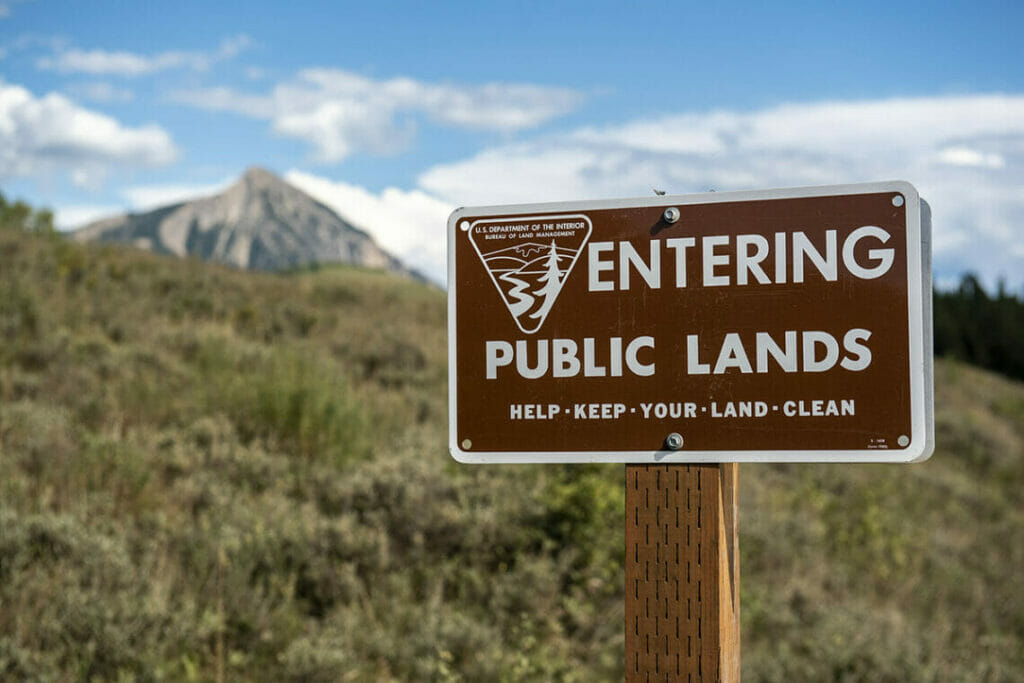
That could put at risk public access to public lands. It could upend the current system of balanced management among multiple uses that allows for grazing, drilling, logging, and mining, but also works to protect and conserve lands, waters, and wilderness for the benefit of fish, wildlife and the public. Since statehood, for example, Utah has sold off more than half of its state trust lands. A favorable ruling by the Supreme Court could lead to even more public lands being sold outright.
Utah’s attorney general said the lawsuit asks “whether the federal government can simply hold unappropriated lands within a state indefinitely. Nothing in the text of the Constitution authorizes such an inequitable practice. In fact, the Framers of the Constitution carefully limited federal power to hold land within states.”
But the legal complaint misses an important point: At no time did the western public lands belong to the states. They were either ceded to the Union by eastern states, or acquired through treaty, conquest or purchase by the federal government acting on behalf of the citizens of the United States.
When the Declaration of Independence was signed in 1776, seven colonies held claims to the unappropriated lands west of the Appalachian Mountains. By 1802, all seven had ceded those lands to the federal government.
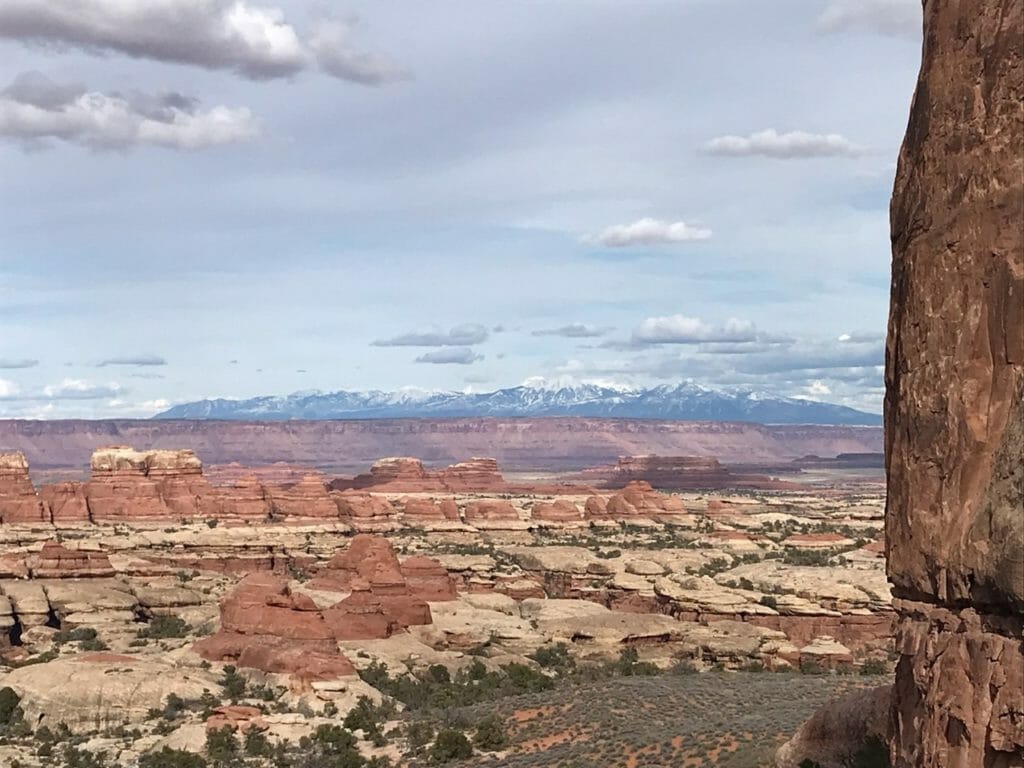
The cessions set a precedent. As new territories, including Utah, entered the Union, land not specifically titled to the state remained under federal ownership. Utah’s lawsuit ignores the fact that Article III of the Utah state constitution reads: “The people inhabiting this State do affirm and declare that they forever disclaim all right and title to the unappropriated public lands lying within the boundaries hereof . . .”
Much of the federally owned land was later sold for homesteads and mining, granted to railroads, or otherwise “privatized,” but millions of acres were retained in the public domain for public use.
With passage of the Federal Land Policy and Management Act in 1976, Congress recognized the value of public lands to the American people and required that they remain in public ownership unless otherwise provided by Congress.
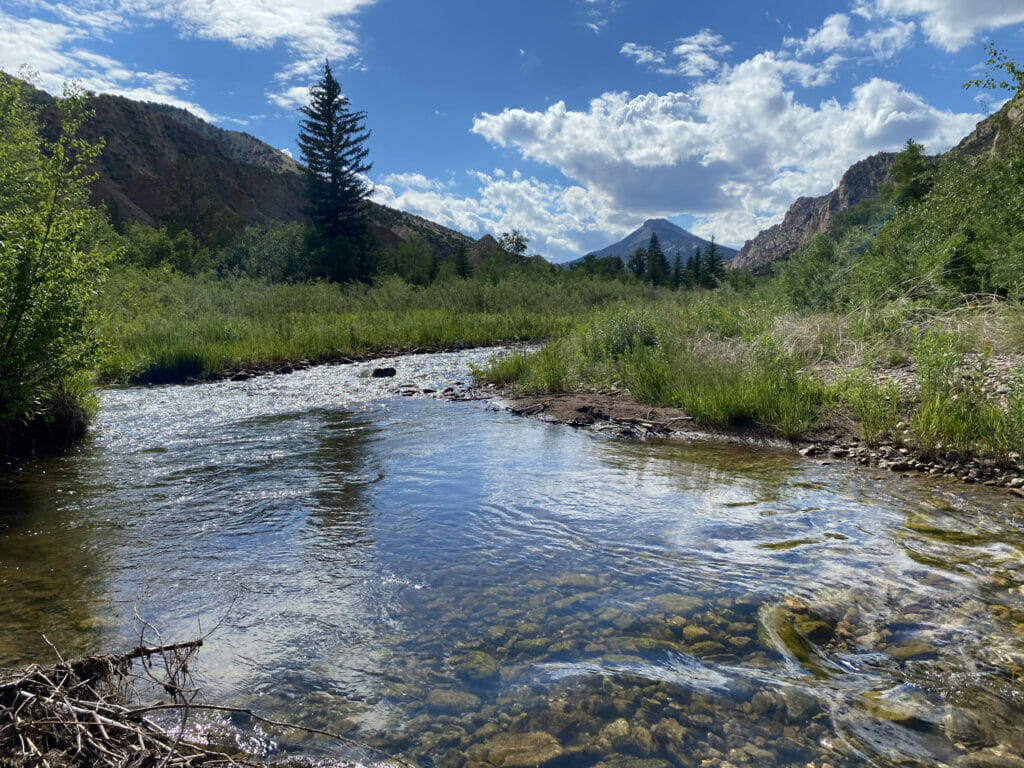
For more than a century, the American people have broadly supported efforts to further protect public lands, from Theodore Roosevelt’s establishment of national forests, parks, and monuments to today’s campaigns to conserve the Owyhee Canyonlands in Oregon, Sátíttla in California, or Dolores Canyons in Colorado. A recent poll found that 85 percent of Westerners support the conservation of more public lands.
Even if Utah’s novel legal theory held up, they would need to get in line behind other claimants for these lands. Native Americans whose ancestral homelands fall within the nation’s public lands would have first priority. Next would be the 13 states formed from the original British colonies, which were granted the entire area between the Atlantic and Pacific oceans. (Imagine a coast-to-coast New Jersey—or the size of the Connecticut congressional delegation!)
For those of us who want to fish and hunt, camp and hike without having to beg for permission or pay for admission, public lands are a godsend.
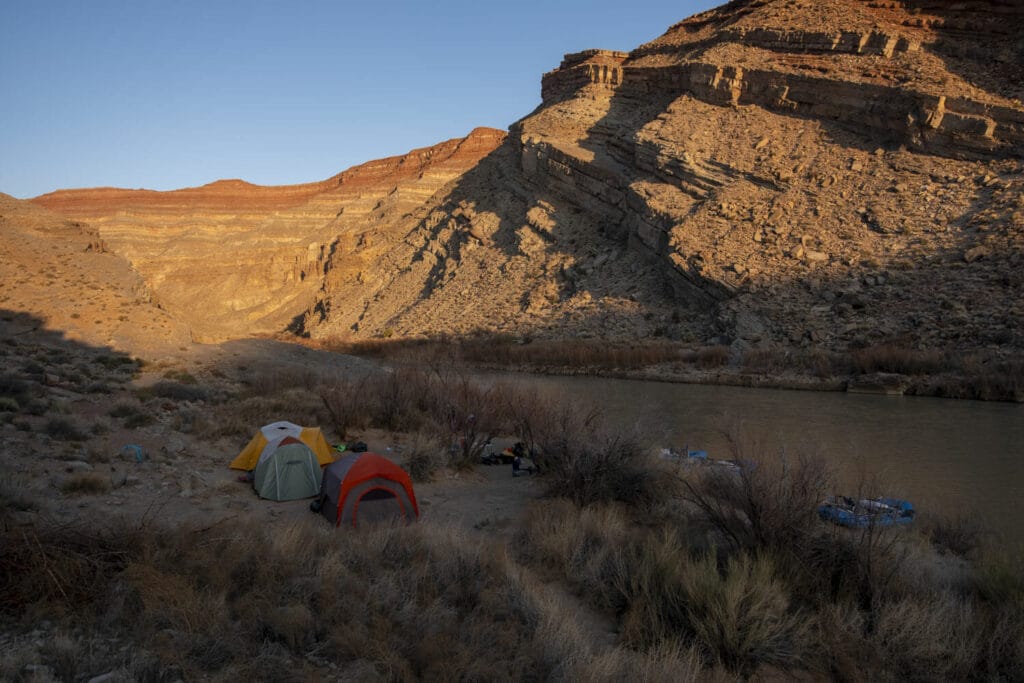
Transferring or divesting public lands to state control, and putting at risk their conservation for generations to come, is contrary to established law, precedent, common sense, and the egalitarian idea that a kid from New Jersey shares our nation’s public land legacy with, say, a rancher in Utah. At a time where so much divides the nation, public lands are glue that holds us together.
Europe has its ancient churches and museums. Egypt has its pyramids. The United States has its public lands; public lands that served as the anvil upon which the character of the nation was hammered out. The Supreme Court would do well to pass on hearing Utah’s lawsuit, and ensure that America’s public land legacy remains intact.



